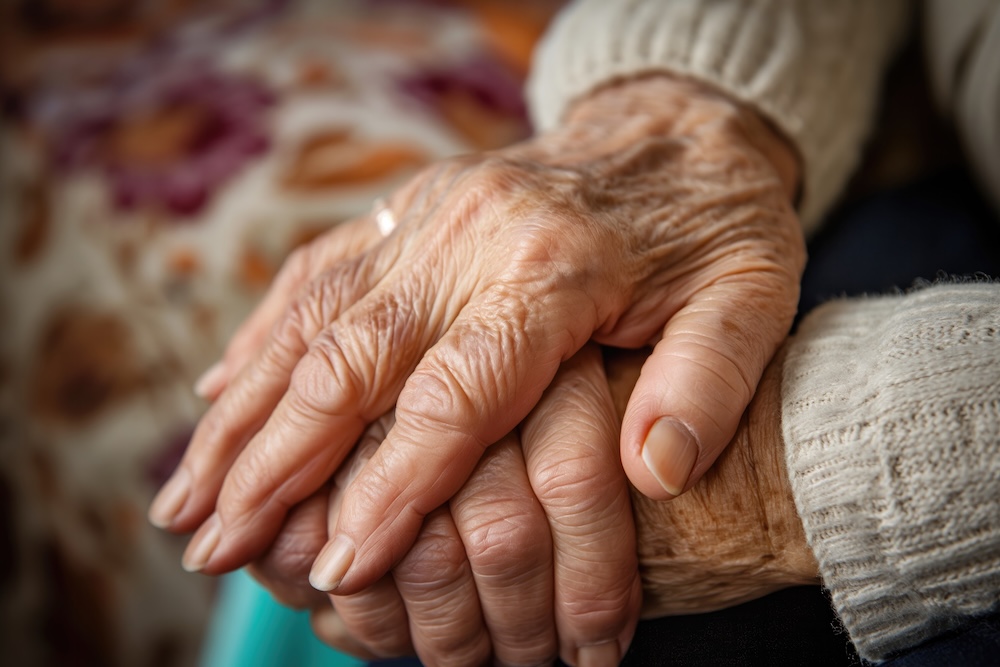- ABOUT US
- SERVICES
- OUR TEAM
- NEWS
- REVIEWS
- PHOTO GALLERY
- VIDEO GALLERY
-
CALL US 591 901 515
- BOOKING

Palliative care is a specialized form of medical care focused on improving the quality of life for people with serious, chronic, or life-threatening illnesses. It aims to provide relief from symptoms, pain, and the physical and emotional stress associated with these conditions, regardless of the stage of the disease or age of the patient.
The primary goal of palliative care is to enhance comfort and improve the quality of life for both the patient and their loved ones.
Common conditions requiring palliative care:
• Cancer;
• Acute lung or heart failure;
• Chronic obstructive pulmonary disease (COPD);
• Dementia or Alzheimer’s disease;
• Progressive neurological conditions like Parkinson’s disease or multiple sclerosis;
• Kidney disease;
• HIV and AIDS.
Palliative care is often mistaken for hospice care, but they differ:
• Palliative care: can be given at any stage of illness and alongside treatments aimed at curing the condition;
• Hospice care: specifically for patients nearing the end of life, typically when curative treatment is no longer being pursued.
The staff has a holistic approach to residents, which includes:
• Physical care;
• Psychological support;
• Social care;
• Spiritual support.
 OUTDOOR ACTIVITIES AND EXCURSIONS
OUTDOOR ACTIVITIES AND EXCURSIONS
• Participation in yard landscaping;
• Short-distance excursions;
• Shopping trip;
 LONG-TERM NURSING CARE
LONG-TERM NURSING CARE
Long-term nursing care services are used by those residents who need constant supervision and assistance from nurses due to health conditions.
 THERAPEUTIC ACTIVITIES
THERAPEUTIC ACTIVITIES
• Art therapy (expression of emotions through art);
• Music therapy (relaxation and stimulation through music);